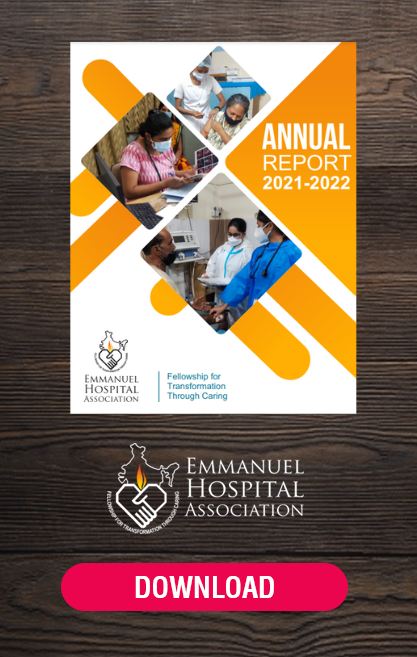Research in EHA plays a vital role in capacity building of staff, gaining insights into the existing challenges, identifying key areas for key interventions, enhancing infrastructure, shaping programs and publishing articles.
One of the important activity of the research is to conduct the Ethics committee meetings to helps research to produce ethically sound research work. EHA has a strong commitment to the highest standards of ethical research and practice. The EHA has an Institutional Ethics committee (IEC). The EHA IEC reviews and approves research proposals involving human participants. The IEC aims to safeguard the dignity, rights and safety of the research participants. The IEC has members from internal and external experts with expertise in various fields.
The EHA IEC has been approved by the GOI, Ministry of Health and family Welfare, Department of Health Research. DHR Provisional registration no: EC/NEW/INST/2024/4060
CONTACT
Email : research.iec@eha-health.org
Highlights from the field: Research in Action


Photo Credit: Dr. Esther Rajitha, Makunda


Photo Credit: Mr. Arpudh Martin, Herbertpur Christian Hospital

Photo Credit: Dr. Ashish, Madhepura Christian Hospital
Related Links
EHA IEC
- EHA IEC Application form :
- Format for CV
- Sample template for Informed Consent and Participant information sheet
- Role of researchers
- Procedure for initiating a research study & checklist in EHA.
- Format for submitting protocol amendments
- FAQ
Trainings and programs (will be updated)
Appendices
- CTRI- Clinical Trials Registry - India (CTRI)
- Reporting guidelines- Reporting guidelines | EQUATOR Network



